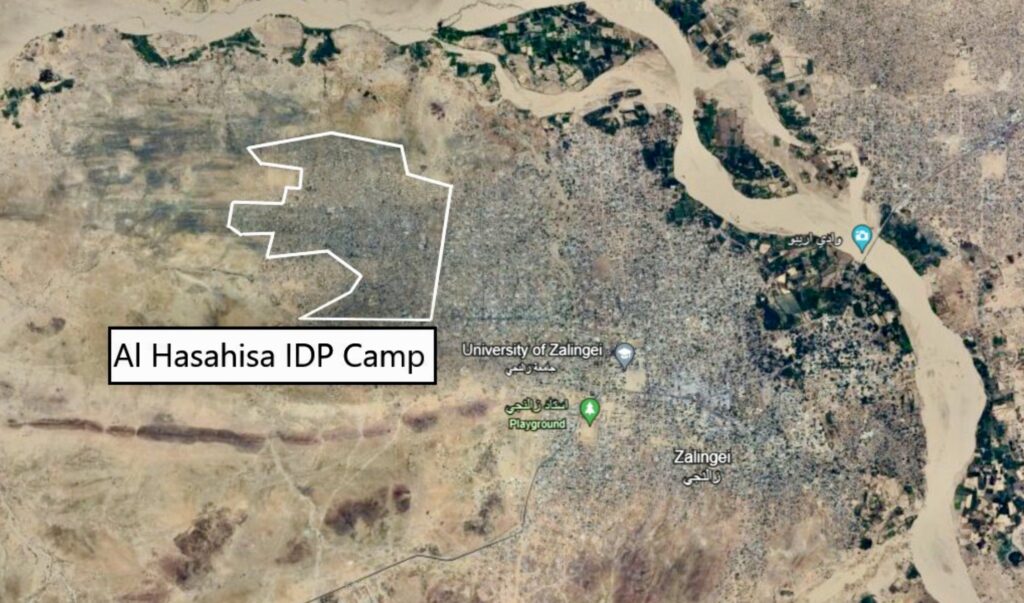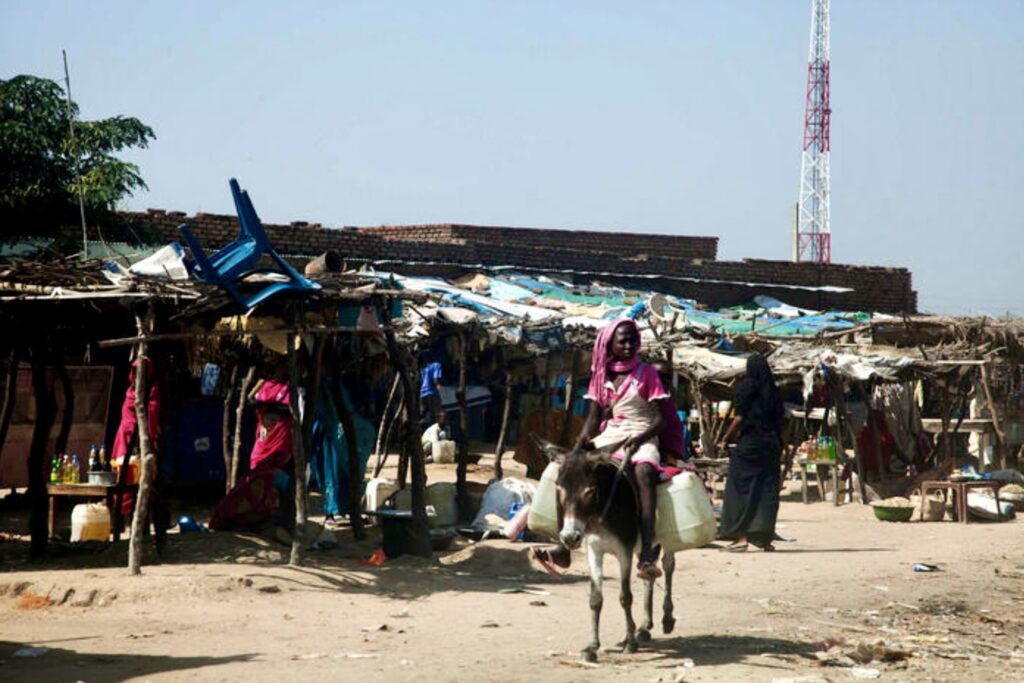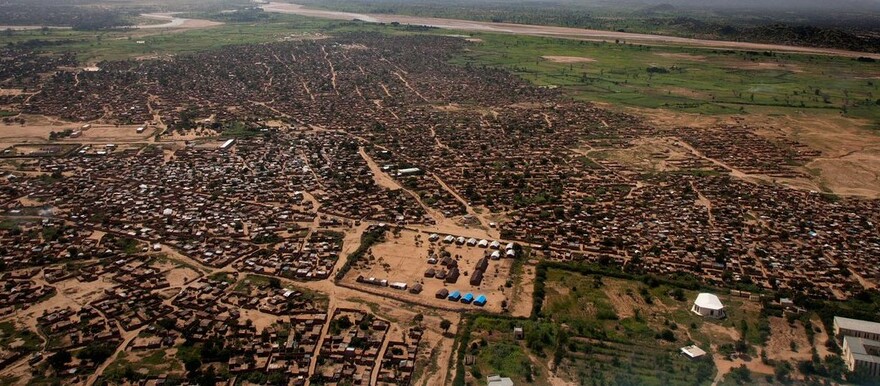Dying in silence: A near month-long siege against a Central Darfur camp
26 October 2023
Since 4 October, residents of displaced camps near the capital of Central Darfur State, Zalingei, remained besieged by constant shelling from the warring parties and prevented access to any basic services, including food.
Heavy shelling from 19 – 21 October killed nine people within Hassa-Hissa, a camp for the displaced outside of the capital and near the army headquarters, according to local sources and news reports. The fighting also forced 321 families to flee Al-Wahada neighbourhood in Zalingei to Hamidya camp, according to a government official in the Humanitarian Aid Commission who preferred to remain anonymous.
Since mid-April a war of dominance between the Sudan army and the paramilitary Rapid Support Forces (RSF) has taken place, displacing over five million people and killing at least 4,000 people in the Darfur region alone. In Zalingei, the Sudan Armed Forces (SAF) maintain control over their headquarters and other military sites in the city, while the RSF controls the main roads, the police station, and public offices. Civilians have found themselves caught in the crossfire, compelling thousands to leave the city to nearby displacement camps, Hassa-Hissa and Hamidya.
These displacement camps do not provide any protection as many of the displaced struggle in silence with a near total communications blackout since 17 May. According to Abdel Basit Al-Haj, a lawyer and legal researcher specialising in the Darfur region, militias aligned to the RSF deliberately severed Zalingei’s main communication cable on the eastern side of the city, preventing outside communication.
Roughly 109 displaced people from the camps around Zalingei have died since the outbreak of war in mid-April –including 66 children, the General Coordination for Displaced Persons and Refugee Camps in Darfur reported.

Hassa-Hissa Camp
For over a month, insecurity has denied residents of Hassa-Hissa Camp the ability to leave the camp to access medical care, or to bring in food supplies. The Zalingei emergency room, a local voluntary network that supports the war-affected, issued a distress call recently, seeking assistance for those trapped inside the camp after the RSF prevented the entry of food and the repair of vital water pumps used by the camp residents for drinking water. A member of the Zalingei emergency room told Ayin that displaced people from Hamidiya Camp sent equipment to maintain the water pumps in Hass-Hissa Camp but the RSF confiscated the equipment and arrested the maintenance workers.
According to the emergency room member, who preferred anonymity for security reasons, the RSF accused the workers of supporting the army and belonging to military intelligence. “It’s catastrophic since no food supplies have entered [the camp] for a month and the supplies inside have run out,” the emergency room member said. The lack of water is also contributing to a deteriorating health situation within the camp, he added.
Over the past two weeks, the RSF arrested nine people from Hamidiyah Camp and 13 from Hassa-Hissa Camp when the displaced attempted to deliver food supplies to those in need in Hassa-Hissa Camp. Members of the Zalingei emergency room believe the RSF is targeting the displaced to clear them out of the area altogether. “The Rapid Support Forces began a policy of draining the cities of Darfur of their population – now they are draining the camps for the displaced in Zalingei and forcing citizens to flee and seek refuge elsewhere,” he said. Repeated calls to the RSF spokesperson for this report were left unanswered.

Hamidiya Camp
Despite the camp’s distance from the battlefield, the largest displacement camp near Zalingei witnessed similar events to those of Hassa-Hissa Camp, local residents told Ayin. According to a local official in Hamidiya Camp, Abdel Rizak Yousif, at least 31 people have died in the camp since the outbreak of the war. No food rations have been distributed since mid-April and the lack of medical supplies has contributed to rising rates of malnutrition, malaria, and diarrhea, Abdel Rizak said.
“There is no way for humanitarian aid to arrive in light of the poor security conditions and state of insecurity the Darfur region is experiencing,” says the spokesman for the General Coordination for Displaced Persons and Refugee Camps in Darfur, Adam Rijal. The 155 camps for the internally displaced were relying on humanitarian aid –all of which stopped upon the outbreak of war, Rijal added.


